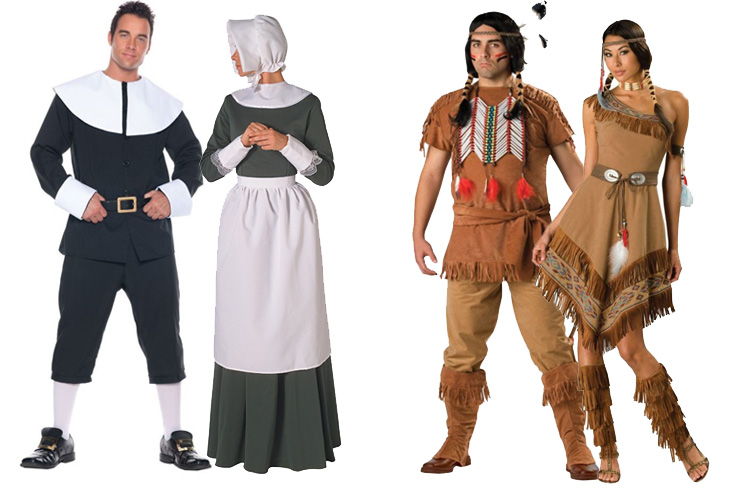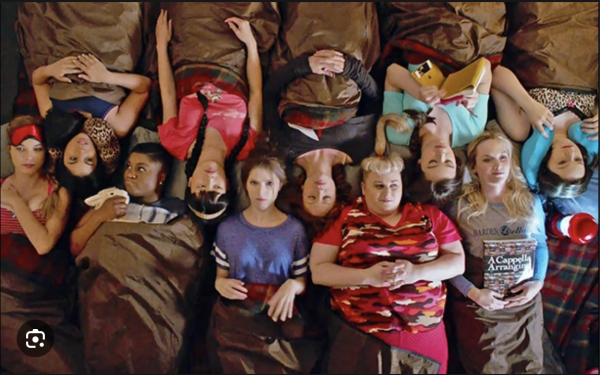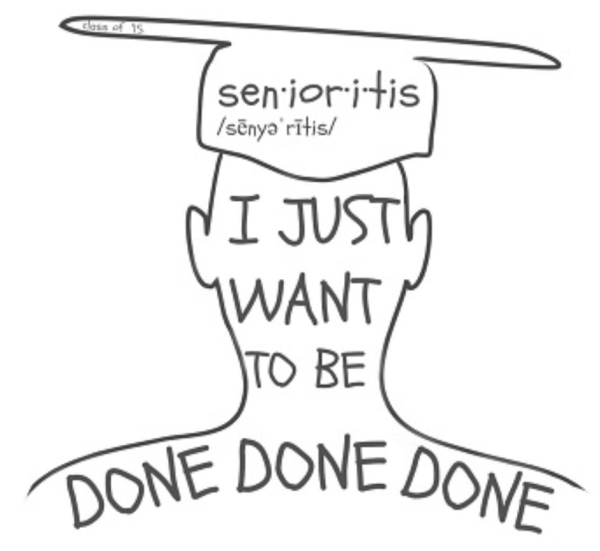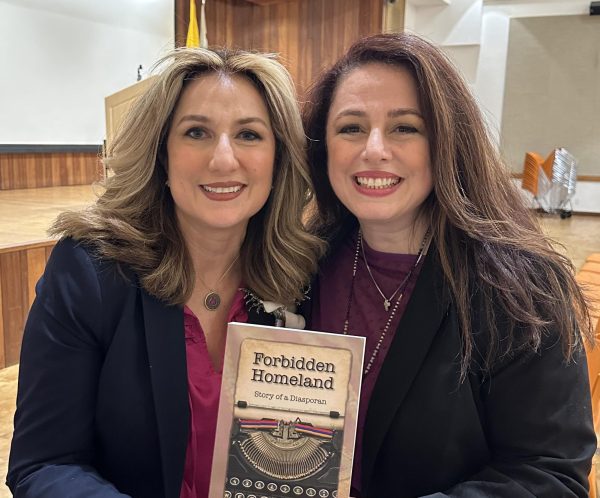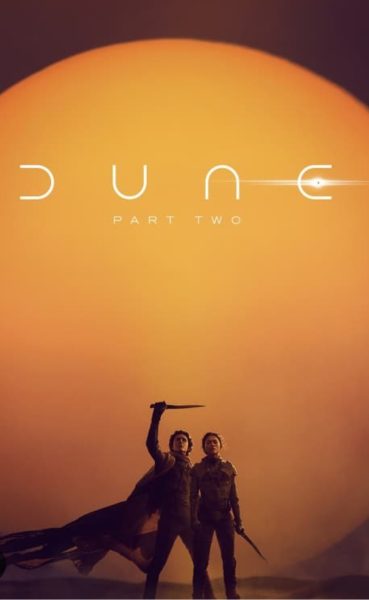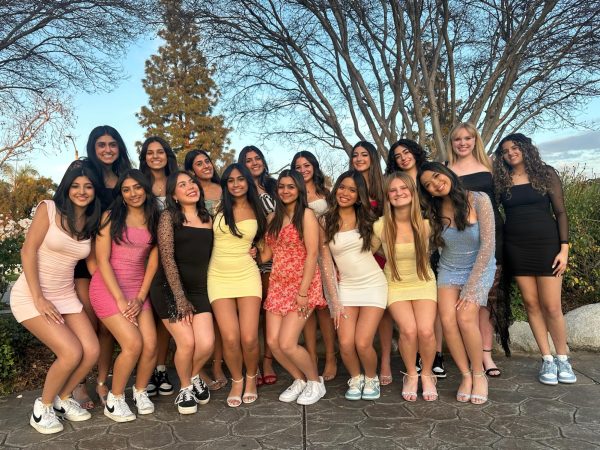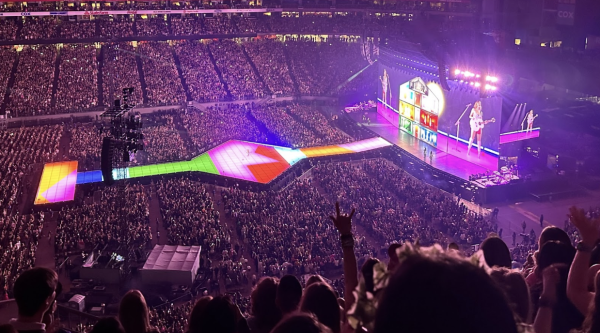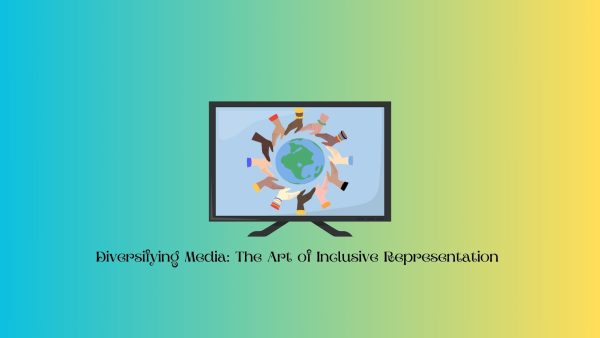Thanksgiving: The Great American Paradox
An image taken from a costume store. Like many other stores, they sell Native American and European settler apparel in honor of the national holiday. The costumes are a prime example of the larger example that is Thanksgiving
November 22, 2018
The American Thanksgiving, a glorified holiday in which friends and family gather together for a feast that will leave the waistband of one’s jeans growing snugger and snugger. It is a day of gratitude for the blessings in one’s life and also a celebration of one of the darkest moments of America’s history. Every child in America has heard the myth about the great harvest feast shared by the Pilgrims and Wampanoag Native Americans. It is commonly taught as if it were a day in which two groups from opposite worlds sat down together in fellowship and peace. From grade school, students, such as Jayden Hawley (11), are told “that the American Indians and the Pilgrims have a feast together to celebrate their harvest.” Yet in actuality, the day that has been commercialized and sensationalized is smeared with the blood of colonialism.
America has chosen to ignore the dark truth of the distasteful tradition and have allowed the day to become nothing more than a glamorized excuse for gluttony and cultural appropriation. Children run around wearing “Indian Feathers” in the name of the multicultural event while their parents sit around a large table, stuffing their faces with more food than they can digest.
Thanksgiving is a holiday that emphasizes gratitude and unity of diverse cultures, making it the poster child for the great contradiction that is America. The day that celebrates America’s unique diversity is also a painful reminder of European colonialism. The day that commemorates the peace found between European immigrants and Native Americans is also marked by a war torn nation only a generation later. The day that is used for Americans to eat excessively is also a day in which children are dying of malnutrition just across the Pacific.
The American calendar is littered with holidays glamorizing and honoring America’s questionable climb to the top of the global scale. Columbus Day is a national holiday that treats a conquistador like a savior. Thanksgiving is no different, essentially celebrating the oppression, prejudice, disease, and hardship that European colonists brought to the lives of Native Americans.
America emphasizes the importance of acceptance and righting the wrongs of the past. Yet the same nation that puts itself on a pedestal, preaching equality, sensitivity, and progressiveness, is the same nation that continues to perpetuate ignorance in its citizens. For a country that is constantly stepping on eggshells to avoid triggering others, the nation has no problem with a blatant celebration of a day that marks tragedy in American history. For many, Thanksgiving is a day of jubilation and excitement, but for the Indigenous people, it is a day of mourning and solidarity.
The American Thanksgiving provides a false narrative of US history. It is a holiday of insensitivity and bigotry that continues to be one of the largest celebrations in America. In a country that prides itself for its disregard of harmful stereotypes, a false perception of Indigenous people continues to be perpetuated by the American Thanksgiving. Thanksgiving isn’t the “Great American Holiday” marked by gratitude, acceptance, and merriment. Thanksgiving is the “Great American Paradox” stained by ignorance, inaccuracy, and irresponsibility.


